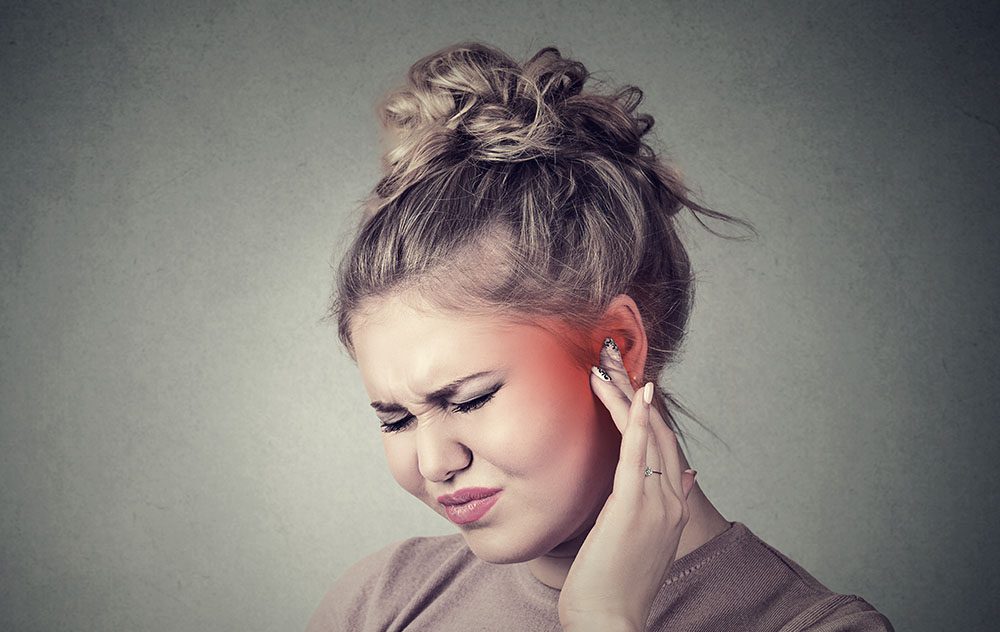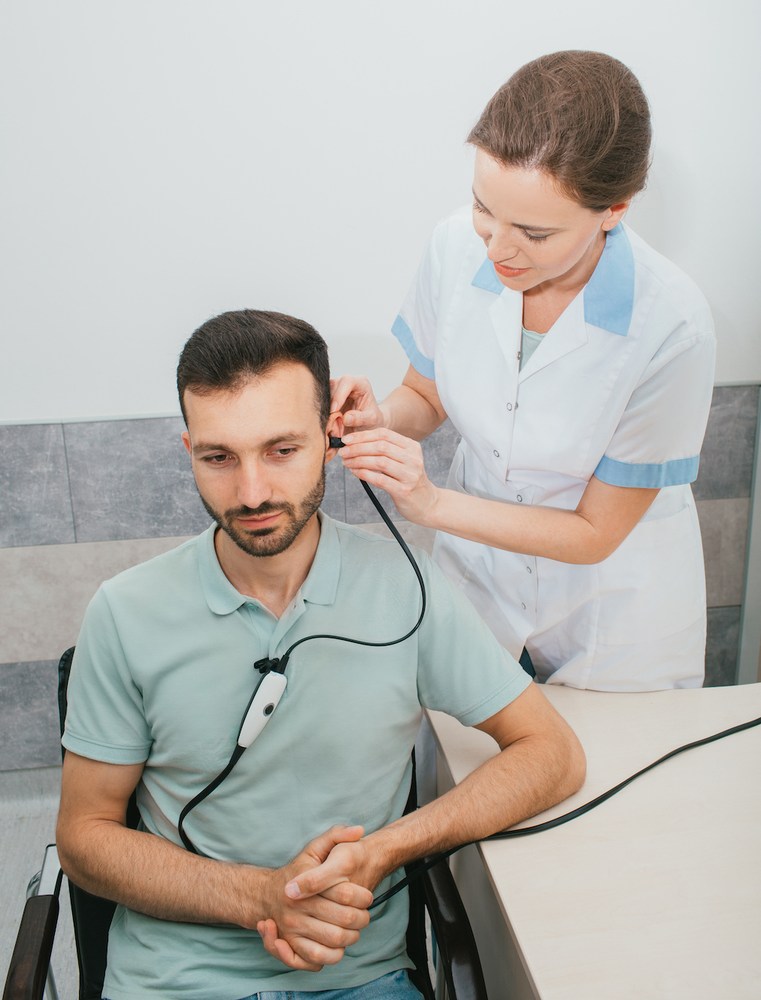How Hearing Tests Correlate with Other Health Markers
Hearing health is more than just about recognizing when your ability to
Now Offering Jabra Enhance™ Plus! Miniaturized 3-in-1 earbuds for hearing enhancement, music and calls LEARN MORE


Hearing health is more than just about recognizing when your ability to

Are you experiencing a ringing, buzzing or whooshing in your ears? This is

Think you may need a hearing aid? Many people don’t realize that there